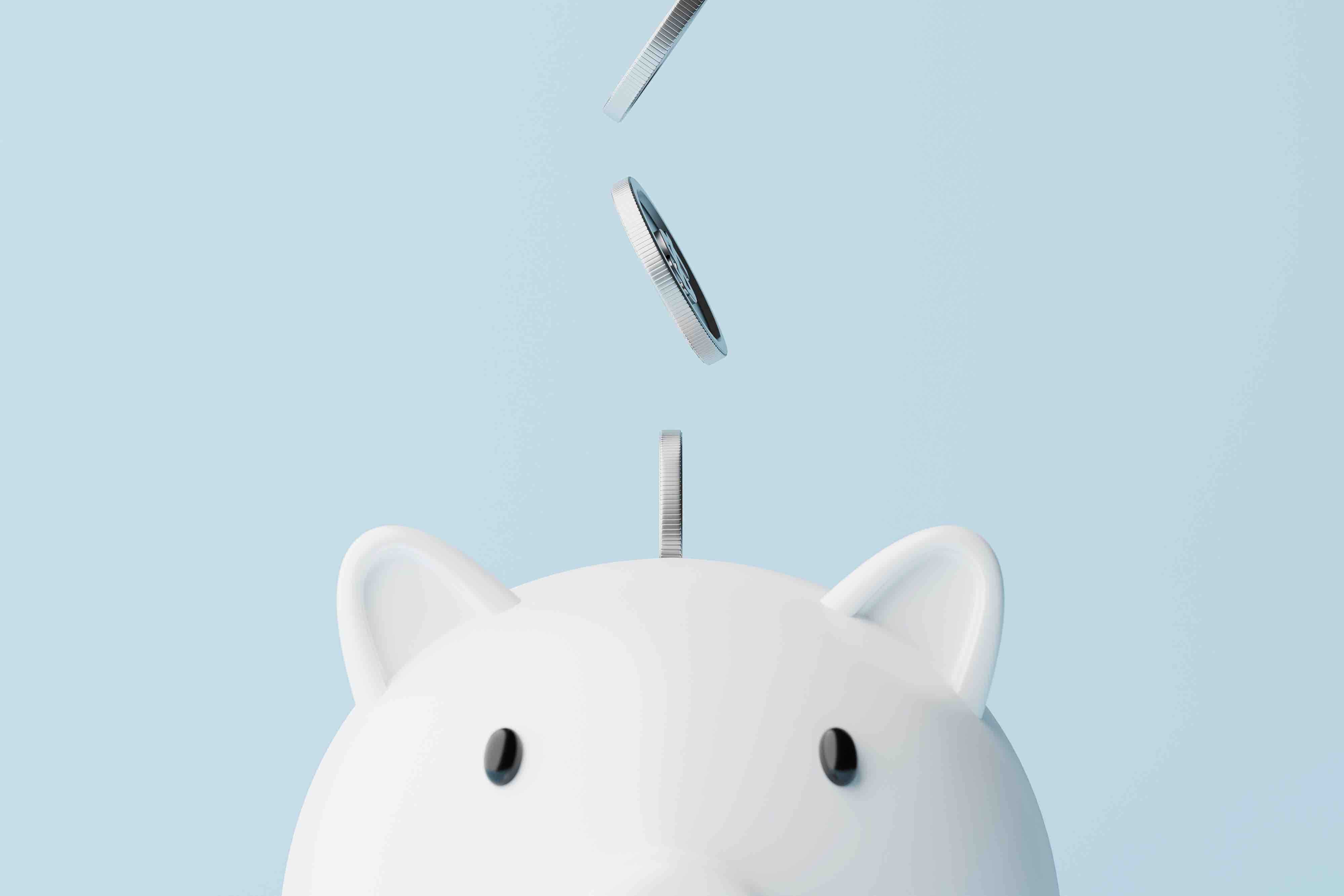Personal Loan vs Credit Card: Which is Right for You?
When you need to borrow money to consolidate debt or cover an expense, there are a few tried and true methods available. For many people, the decision comes down to personal loan vs. credit card. So how do you know which one is right for you?
Both credit cards and personal loans can give you a quick influx of money, but there are pros, cons, and considerations for each option. Before you borrow, here’s what you need to know.

First, what is a personal loan?
Most of us know all about credit cards, but personal loans may be new to you. A personal loan allows you to borrow money for a variety of reasons, including debt consolidation, emergency expenses, and home improvements. You can get a personal loan from a bank, credit union, or online lender. The terms and requirements vary based on the source of the loan and your own financial profile.
A personal loan works much the same way that auto, mortgage, and student loans operate. You apply for your desired amount, and the lender uses your credit report and history to determine whether you qualify and at what interest rate. Generally speaking, the better your credit is, the lower your interest rate will be—and the more you’ll save on total interest. You then repay the loan in monthly installments until the debt is paid off.
There are a few different flavors of personal loans. For example, some lenders don’t require a credit check. These loans tend to be smaller and have very high interest rates. There are also car title loans, which are short-term loans that use your vehicle title as collateral. These loans also tend to have very high interest rates. However, one of the most common types of personal loan is an unsecured loan, or not backed by collateral—and a credit check is usually required.
Personal loan vs. credit card
While every situation is different, here’s the common rule of thumb when choosing between the two options:
Personal loans are usually better for larger expenses that take longer to pay off. Credit cards are usually better for smaller expenses that can be paid off relatively quickly. That’s because credit cards tend to have higher interest rates than personal loans, so carrying a balance on a card for a long time can be costly.
However, there are always exceptions—plus a few important factors to take into account.

Pros and cons of personal loans
- Spend less. Personal loans tend to have lower interest rates than credit cards, with the exception of 0% introductory APR cards1. Your interest rate will depend on your credit profile.
- Remove temptation. Unlike a credit card, personal loans don’t allow you to continuously borrow more money. As long as you make your payments on time, you know exactly when you’ll be done with debt.
- Build credit. Both credit cards and personal loans can help you build credit if you make payments on time, every time. Using a personal loan to pay off credit card debt has the added bonus of lowering your credit utilization ratio (the percent of available credit you’ve used), which can boost your credit score. Keep in mind this only works if you keep the credit card open and resist the urge to use it again.
- Fixed rate. Personal loans typically offer a fixed interest rate, which means that your payment will stay the same over time. (Note: late payments or other fees can change the cost of a fixed rate loan.).
- Higher payments. Since a personal loan has a set term (for example, 36 months), it generally requires higher minimum payments than a credit card. The higher monthly payments of a personal loan may be harder to manage for individuals with limited disposable income.
- Fees and penalties. Some personal loans charge origination, or upfront, fees, as well as prepayment penalties (assessed for paying more than the minimum). Ask the lender about these and other potential charges.
Pros and cons of credit cards
- Easy access. If you already have a credit card with funds available, you can borrow immediately. As for new credit cards, the application process tends to be less onerous than the personal loan process—although that’s changing with some modern lenders now offering simple online and even mobile applications.
- Intro deals. Many companies offer 0% introductory rates on new cards or balance transfers, so if you can pay the balance off in that timeframe (typically 6-12 months), you can avoid paying interest altogether.
- Repair credit. If your credit’s in bad shape, it may be easier to qualify for a secured credit card (one that requires a cash deposit as collateral) than an unsecured card or personal loan. Make payments on time to build up your score for the real deal.
- Rate changes. Many credit cards have variable interest rates, which means the rate is tied to another interest rate (for example, the prime rate) and can go up over time — taking your payments and total interest cost with it. Even fixed rate credit cards may increase their rates if you make late payments (terms vary by issuer).
- Cash fees. If you need actual cash, you’ll usually pay an additional fee on a credit card cash advance.
- Continuous temptation. Unless you cut up the card or, you may be tempted to continue racking up a balance, making it hard to end the cycle of debt.
Personal loan or credit card: How to choose
Still not sure which one is right for you? Here are a few questions to ask yourself:
- How much do you need to borrow? A smaller sum is usually faster to pay off, which makes a credit card an easy option (especially if you already have one with funds available).
- How long will it take you to pay off the debt? If it’s more than a few months, a personal loan could save you money. You can compare the cost of each option with a loan repayment calculator.
- How good is your credit? With excellent credit, you may be able to score a lower rate with a personal loan—but you could also qualify for 0% introductory APR on a new credit card. Again, a loan calculator can help you figure out which route will save you the most.
- Do you need cash? Remember that credit card cash advances usually come with additional fees.
- Do you tend to overspend? If you have trouble resisting temptation, a credit card can keep you in a cycle of debt.
As you can see, there’s no one-size-fits-all response to the personal loan vs credit card debt debate. Taking the time to learn about your options can help you save money and achieve your financial goals in the long run.
To help decide if a personal loan is right for you, check your rate at Upgrade and see what you qualify for. There’s no obligation and checking your rate won’t affect your credit score.


